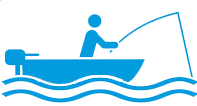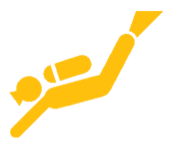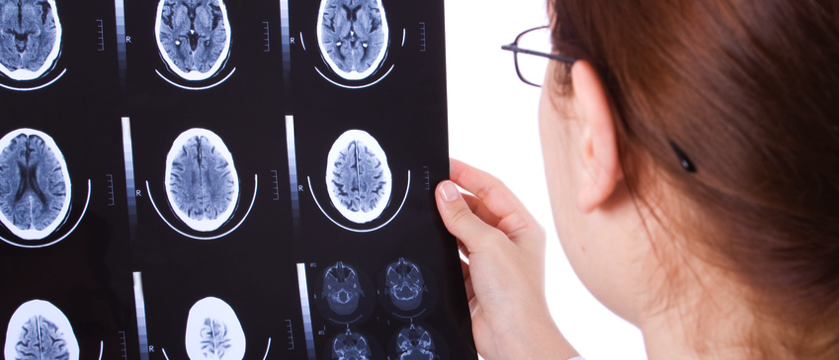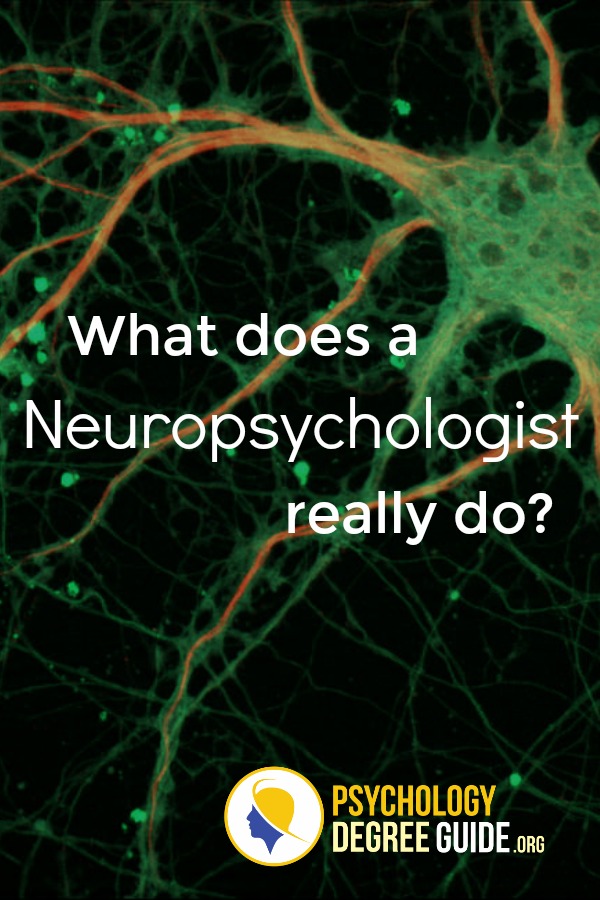Neuropsychology is a subspecialty of psychology that focuses on how the brain and nervous system function in relation to cognition and personal behavior. Specialists in this field often focus their efforts on deficiencies, specifically the injuries and illnesses of the brain and nervous system that can impede function and behavior. As a neuropsychologist, you will study the structure of the brain for the purposes of diagnosis and treatment. The field is still experimental and offers aspiring neuropsychology majors rich opportunity for growth and discovery.
Sponsored School(s)
What Does a Neuropsychologist Do?
On the Surface
Neuropsychologists study the brain and other parts of the nervous system to understand how they work and how this understanding can be used to provide diagnosis and treatment. This work may be accomplished while employed in research and teaching positions at universities, in one-on-one clinical care, or in research-focused positions at government or private institutions. Neuropsychology practitioners may also work in private practice or as a freelance consultant with any of the aforementioned organizations.
 In addition to other tasks, a neuropsychologist may administer brain scans and utilize additional technologies to diagnose and treat patients with psychological birth defects, as well as those who have suffered traumatic brain injuries, been diagnosed with depression or have some other form of brain-related disease or disorder.
In addition to other tasks, a neuropsychologist may administer brain scans and utilize additional technologies to diagnose and treat patients with psychological birth defects, as well as those who have suffered traumatic brain injuries, been diagnosed with depression or have some other form of brain-related disease or disorder.
Deep Dive
The top priority of a neuropsychologist is to provide a diagnosis and pathway that helps patients to improve their cognitive abilities and brain function. As a largely a diagnostic field the typical day will consist of extensive testing and observation.
Neuropsychology practitioners work with a diversity of patients at various stages of development. Some specialize in children while others work strictly with adults who have experienced a traumatic brain injury. The circumstances that bring a patient into your care, the cognitive abilities of that patient and the severity of their injuries or illnesses will have a tremendous impact on your approach as a neuropsychologist.
 Some workers in this field will offer cognitive therapy, while others will work with treatment teams to implement specific therapies. Neuropsychology practitioners specializing in research-oriented fields may work closely with students and research assistants to administer experiments designed to diagnose or provide better understanding of a specific disorder.
Some workers in this field will offer cognitive therapy, while others will work with treatment teams to implement specific therapies. Neuropsychology practitioners specializing in research-oriented fields may work closely with students and research assistants to administer experiments designed to diagnose or provide better understanding of a specific disorder.
Common research-based activities will include lab meetings, the management of informational databases and design and development of cognitive training programs for field application. The neuropsychologist must come equipped with a competency for numbers, data interpretation and technical writing, among other qualities.
To lay the groundwork for a neuropsychology career you should first develop your training in clinical work before moving into a specialized area. Such areas may include working with children or adults who have suffered traumatic brain injuries or with those who have developed illnesses caused by chemical imbalances. Neuropsychology is a varied field that offers opportunities to work with conditions such as vascular disorders, Parkinson’s disease, dementia and other neurodegenerative disorders.
Other areas of focus in neuropsychology include learning disabilities, neuropsychiatric disorders, seizure disorders, infectious disease, metabolic disease, neurodevelopment disorders and neurological effects of medical disorders or treatment.
A key challenge for the neuropsychology professional is finding an area of specialization in what can appear to be a limitless field. There is so much to discover about each disorder, disease or injury that a neuropsychologist cannot afford to be a “jack of all trades.” Instead, you must be a master of one.
Steps to Becoming a Neuropsychologist
A career in neuropsychology is education-intensive. A PhD or PsyD is required in order to practice, and that means 12 years or more of schooling. As with most associate and bachelor’s degrees in psychology, a graduate will spend much of their time doing entry-level duties for low pay. A master’s degree will open more doors but usually means working under clinical supervision. Only doctoral graduates who complete required licensure testing and a two-year internship program can practice independently.
1Major in psychology or a related field for your four-year undergraduate degree.
2Complete a master’s degree program in a neuropsychology specialty. Some schools offer combined master’s-doctorate neuropsychology programs.
3Finish your doctorate neuropsychology program and internship.
4Take the licensure test required by the state you will be practicing in.

Skills Required to Become a Neuropsychologist
Completing an advanced neuropsychology degree requires extensive reading, research awareness, mastery over the scientific method and the ability to communicate complex information in a simple and straightforward manner. As a neuropsychology professional you will work with everyone from patients with brain or nervous system disorders to the healthcare professionals working with them to implement a treatment plan. The neuropsychologist may also teach students or work with colleagues from both the same and different areas of specialization. Your skills will need to be highly developed, and include the following:
1Observational skills to isolate behaviors for help in diagnosis and understanding the best treatment plan.
2Communication skills to make complex information accessible to patients, families and healthcare workers.
3Reading and organizational skills to process the large quantities of information used in research and treatment.
4Mastery of the scientific method to conduct meaningful research regarding diagnoses and their treatments.
Neuropsychology Degree Options
1
Bachelor’s
Degree
A bachelor’s degree is required to become a neuropsychologist, but it’s also just the beginning. A bachelor’s degree in psychology will give you sense of all the various fields of psychology and help you decide what to focus on in graduate school. Alternatively, a science or health-related undergraduate degree can also give you a good foundation to pursue an advanced neuropsychology degree.
2
Master’s
Degree
Your master’s degree is where specialization becomes important. Classes at this level will focus on behavior, cognition, memory and brain processes, as well as lay the statistics foundation you’ll need to engage in experimental psychology. However, you will still need a PhD to work at the clinical level.
3
Doctorate
A PhD is required to finish licensure and operate independently. Doing so will require an additional three to seven years combining coursework, research, as well as field practice through internship or mentorship programs. Many schools combine the master’s and doctoral degrees into a single five-year program.
How Much Does a Neuropsychologist Make? State By State
The Bureau of Labor Statistics (BLS) groups neuropsychologists with other clinical psychology practitioners, reporting a national median annual salary of $70,700, or $33.99 per hour based on the 40-hour workweek. Pay increases considerably the based on experience. For instance, the BLS notes that “the lowest 10 percent earned less than $40,240, and the highest 10 percent earned more than $114,290.”
A second study from the American Academy of Clinical Neuropsychology reported that practitioners with as many as 15 years in the field made $130,600, while 25-year veterans made around $185,200. For neuropsychologists who wish to maximize their pay, BLS cites the District of Columbia, New Jersey, Connecticut, New York and California as the highest paying states.
Job Growth and Career Trends
Neuropsychologists’ job outlook is a much higher-than-average 19% over the 10-year period from 2014 to 2024. In 2014 there were 173,900 jobs available. That is expected to jump by 32,500 over the 10-year period. This trend is more over 7% higher than the job trends for counselors, social workers and other community and social service specialists during the decade-long projection. According to the BLS, a doctoral degree in an applied specialty will give you the strongest job prospects and income.
Useful Neuropsychology Resources

Browse All Neuropsychology Degree Programs
SaveSave










 Degrees Offered
Degrees Offered






